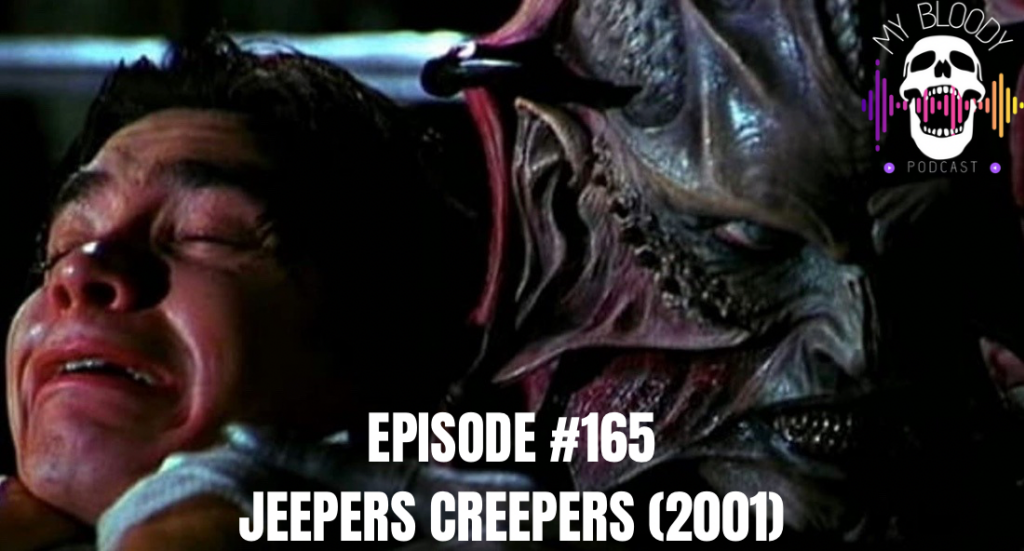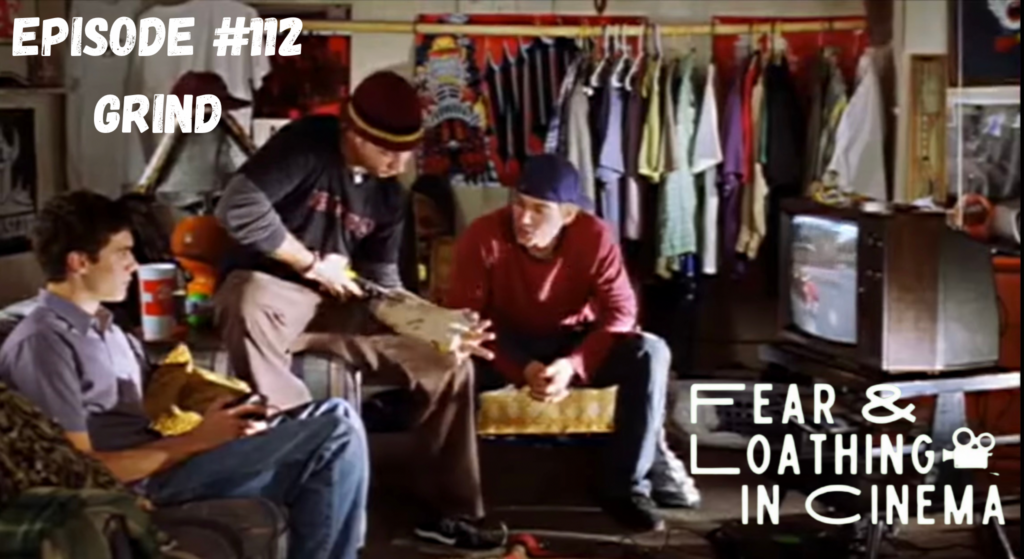

| This image has been resized. Click this bar to view the full image. The original image is sized 1024x576px. |


| This image has been resized. Click this bar to view the full image. The original image is sized 1024x507px. |


| This image has been resized. Click this bar to view the full image. The original image is sized 1024x434px. |


Gone Girls: The Long Island Serial Killer is a must-watch for those who are drawn to the murky waters of true crime documentaries, a poignant
Wendy Sachs’s new documentary, October 8 (Hate), is essential because it captures what so many of us have been trying to say, trying to scream,
The Studio is easily one of the most masterful satires to emerge in decades
Whether it’s the high school gridiron, the hallowed grounds of a baseball diamond, or the hardwood floors where three-point shots are made, sports have always
Shoresy continues to push the envelope of both comedic irreverence and heartfelt sentiment, hitting the sweet spot of humor and warmth.
The Monkey, Osgood Perkins’s latest foray into the realm of horror, emerges as a curious amalgam of the director’s signature familial dysfunction and Stephen King’s
Not only has Netflix become synonymous with an ever-expanding archive of original series and films, but it has also solidified its place as the undisputed
In 2025, horror is a genre that’s not only surviving; it’s thriving. With films like Wolf Man, Presence, Heart Eyes, and The Monkey staking their
| This image has been resized. Click this bar to view the full image. The original image is sized 1024x551px. |



| This image has been resized. Click this bar to view the full image. The original image is sized 1024x559px. |


| This image has been resized. Click this bar to view the full image. The original image is sized 1024x546px. |


| This image has been resized. Click this bar to view the full image. The original image is sized 1024x495px. |


| This image has been resized. Click this bar to view the full image. The original image is sized 2000x2000px. |


| This image has been resized. Click this bar to view the full image. The original image is sized 1024x431px. |


| This image has been resized. Click this bar to view the full image. The original image is sized 1024x373px. |



| This image has been resized. Click this bar to view the full image. The original image is sized 1000x563px. |



| This image has been resized. Click this bar to view the full image. The original image is sized 720x397px. |


| This image has been resized. Click this bar to view the full image. The original image is sized 1024x504px. |


| This image has been resized. Click this bar to view the full image. The original image is sized 1024x548px. |



| This image has been resized. Click this bar to view the full image. The original image is sized 1024x571px. |

